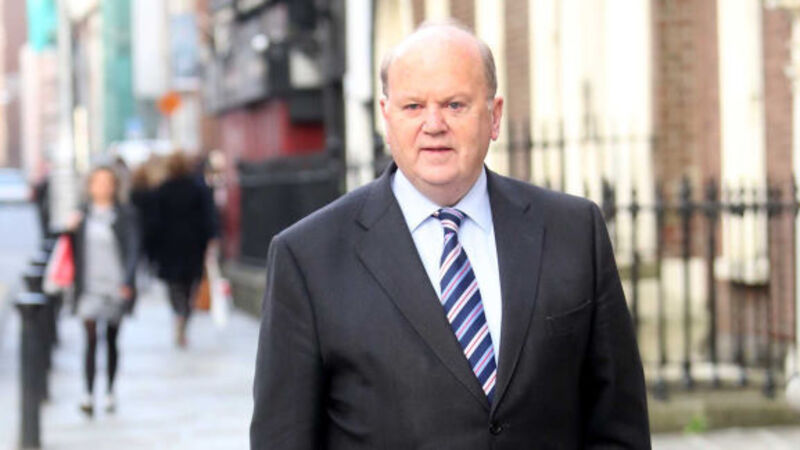Michael Noonan was warned that law was ‘too weak’ on honest disclosure by firms

In a letter written last August but only made public now, Prof Honohan warned there were no consequences for people who provide false or misleading information to the bank. In the correspondence, Mr Honohan said the bank had been provided with “false or misleading information” by companies. He said this was often designed to cover “serious shortcomings or inadequacies”, but added there were “no legal consequences” that the Central Bank could take. He said this allowed “individuals to act without responsibility for their actions of lying”.
Prof Honohan called for the loophole to be closed.










